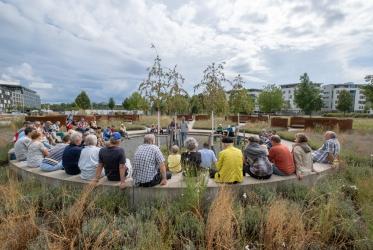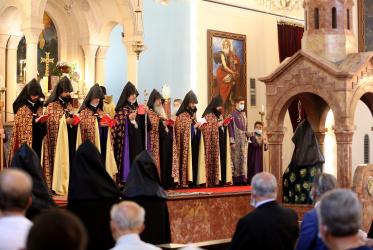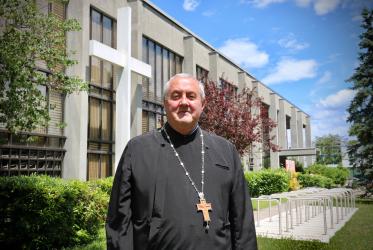Displaying 1 - 20 of 48
Workshop explores how interreligious dialogue brings trust and respect
15 September 2022
Ukraine: Responding to humanitarian need
08 September 2022
WCC leaders recall life-changing experiences from early days
10 February 2022
Rethinking Ecological Relationships in the Anthropocene era
11 - 13 February 2021

















